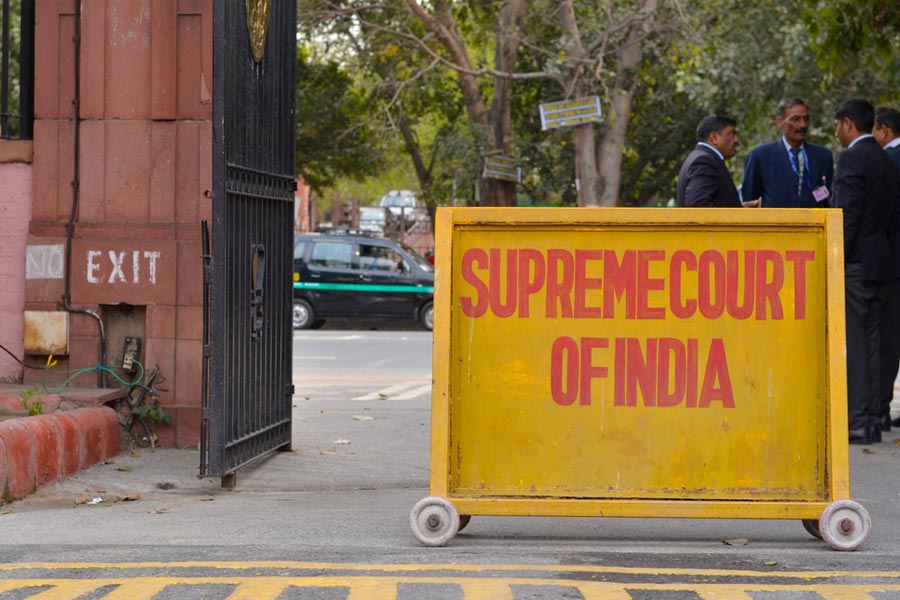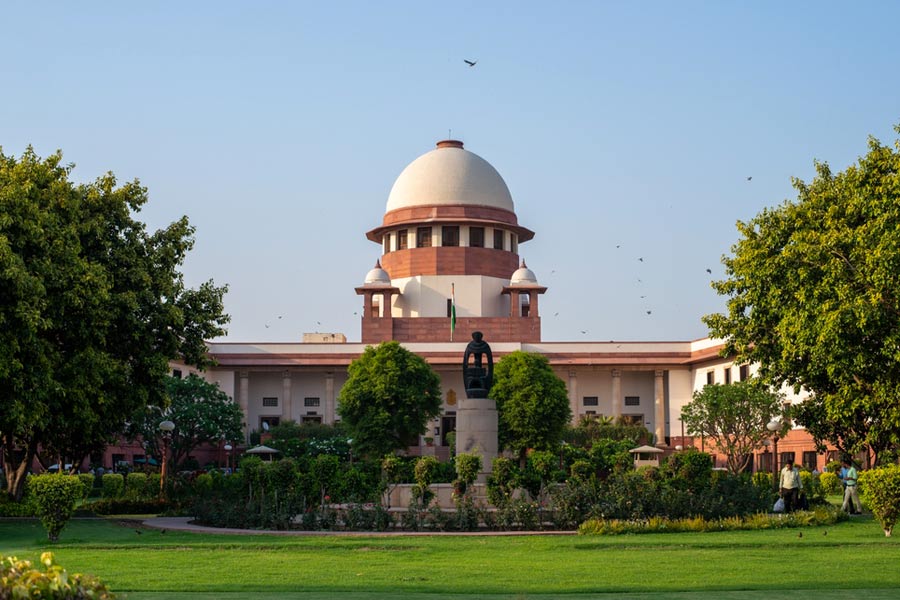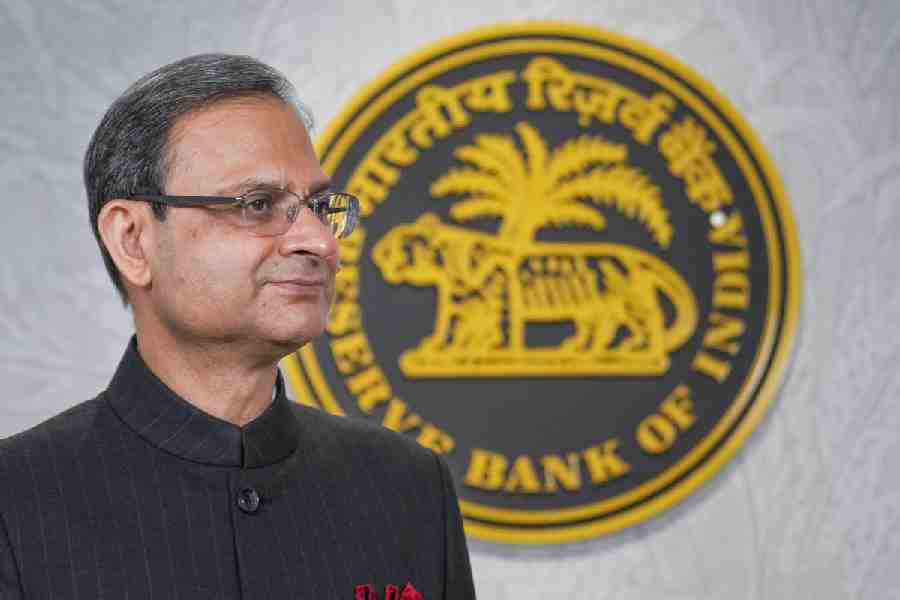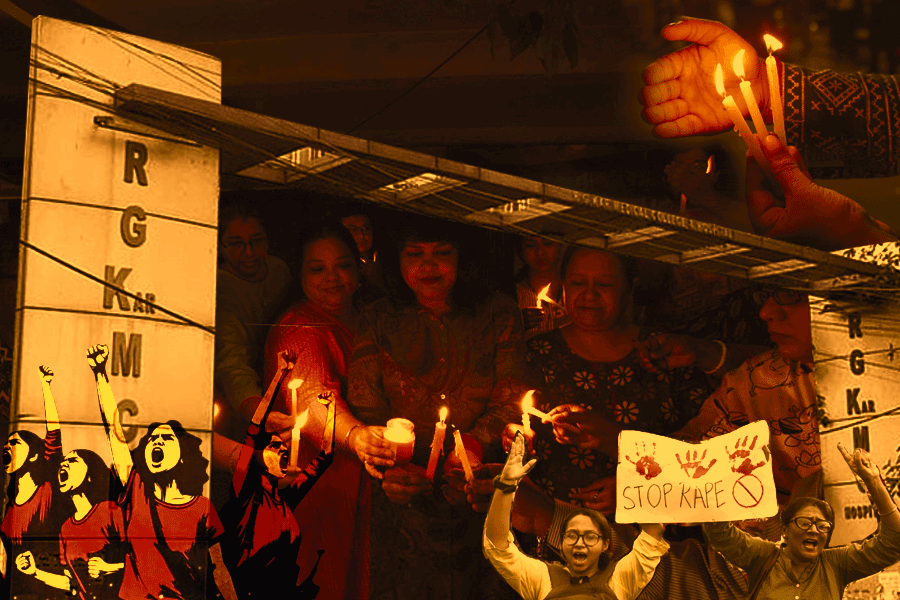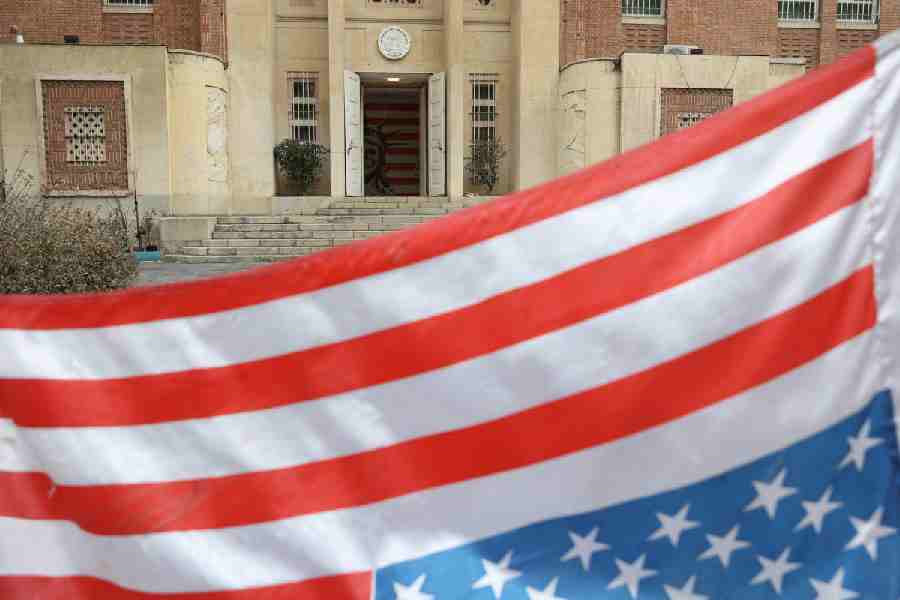A lawyers’ forum has urged the Supreme Court to bar apex court and high court judges from accepting political appointments within two years of retirement, citing the need to safeguard against judicial independence being undermined or seen to be undermined.
The petition highlights how Justices (retired) Ranjan Gogoi and S. Abdul Nazeer, who were part of the five-judge bench that delivered the Ayodhya verdict, had respectively been appointed Rajya Sabha member and Andhra Pradesh governor.
“The nomination to the Rajya Sabha, just four months after his retirement, raises the question... should judges stop accepting post-retirement jobs offered by the government, at least for a few years after retiring, because accepting such posts could undermine the public perception about (the) independence of the judiciary,” it says.
As Chief Justice of India, Gogoi had “presided over politically sensitive cases (Assam NRC, Sabarimala, Ayodhya, Rafale, CBI) in which the government was a party”, the petition, filed by the Bombay Lawyers Association on behalf of its founder president Ahmad Mehdi Abdi, says.
It says three judges from the Ayodhya bench accepted political appointments but does not name the third. The allusion seems to be to Justice Ashok Bhushan, who was appointed chairperson of the National Company Law Appellate Tribunal after retirement. However, the tribunal’s chairmanship is not a political appointment.
Under the Companies Act, 2013, a person cannot be appointed chairperson of the tribunal unless they are, or have been, a supreme court judge or a high court chief justice. The other two members of the Ayodhya bench were Justice S.A. Bobde (now retired) and present Chief Justice D.Y. Chandrachud.
“It is often feared that a judge who is nearing retirement could decide cases in a manner that pleases the government in order to get a favourable post-retirement position,” the petition, filed through advocate Manish Kumar Gupta, says.
“If a judge decides highly controversial and contested cases in favour of the government and then accepts a post-retirement job, even if there is no actual quid pro quo, would this not lead to the public perception that the independence of the judiciary is compromised?”
The petition recalls that the Law Commission’s 14th report had in 1958 recommended banning post-retirement government employment for Supreme Court judges because the government was a major litigant in the courts. But the recommendation was never implemented.
In this context, the petition approvingly cites the example of former CJI Mohammad Hidayatullah.
Justice Hidayatullah had delivered his last judgment in 1970 in the politically charged “privy purse” case. The Supreme Court held that the Indira Gandhi government’s decision to abolish the privy purse paid to the former Indian princes (who had agreed to join the Indian Union after the British left) was illegal.
While the hearing was going on, it was reported that the government was considering nominating Hidayatullah to the International Court of Justice, or appointing him the Lokpal, after he retired.
Justice Hidayatullah had at the time made it clear that even if he were offered any of these positions, he would not accept them. He was appointed Vice-President nine years after his tenure as CJI ended.
“The objective of separation of power appears to be defeated if judges of constitutional courts accept political appointment just after their retirement,” the petition says.
“Retired judges have been appointed to political office since independence. In 1952, Justice Fazal Ali was appointed as the governor of Orissa, shortly after retiring from this hon’ble court. In 1958, Chief Justice M.C. Chagla resigned from the Bombay High Court in order to become India’s ambassador to the US at Prime Minister Nehru’s invitation. In April 1967, Chief Justice Subba Rao resigned from this hon’ble court to contest elections for President.”
In more recent times, the petition says, retired Chief Justice P. Sathasivam was appointed governor of Kerala.

